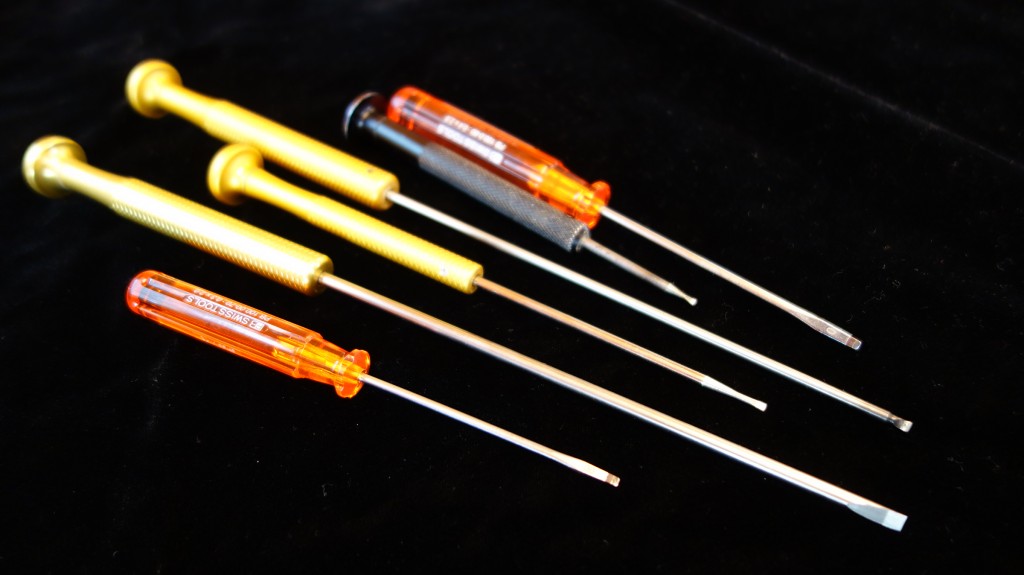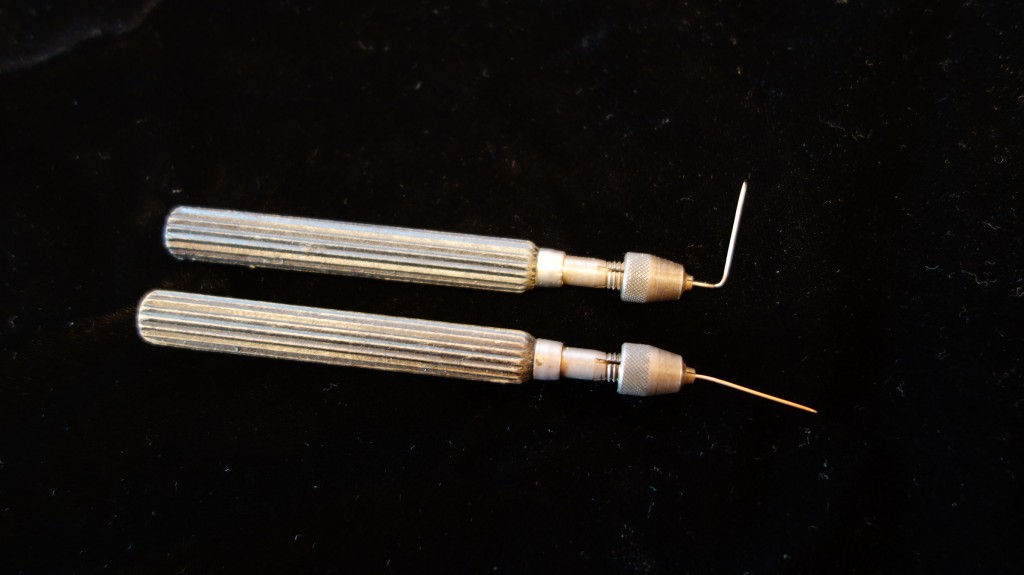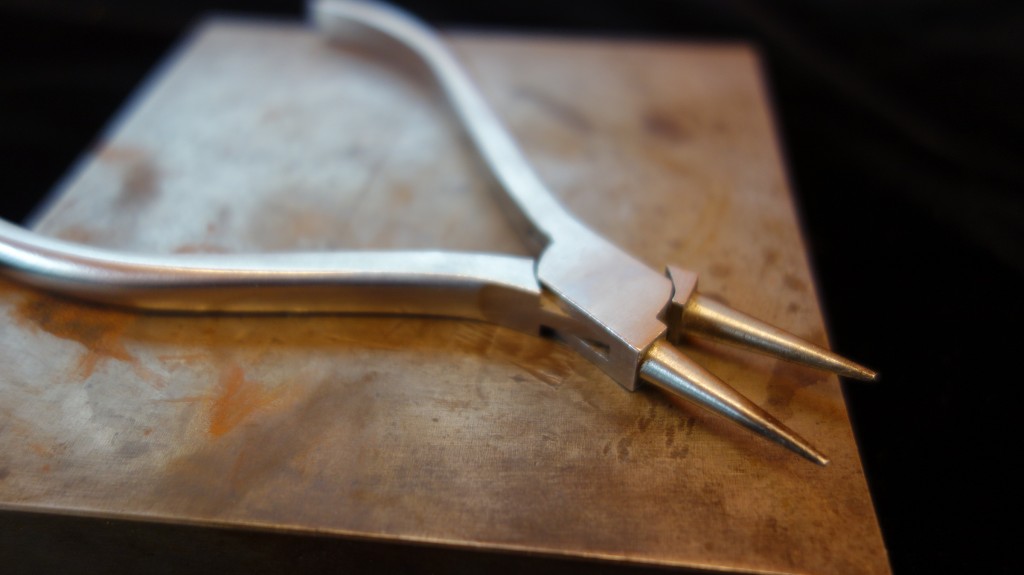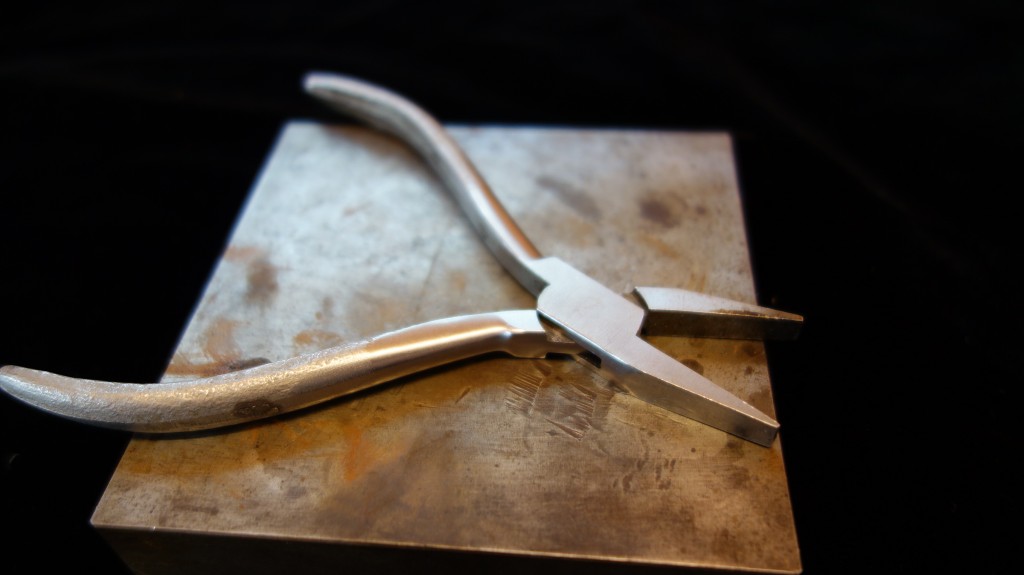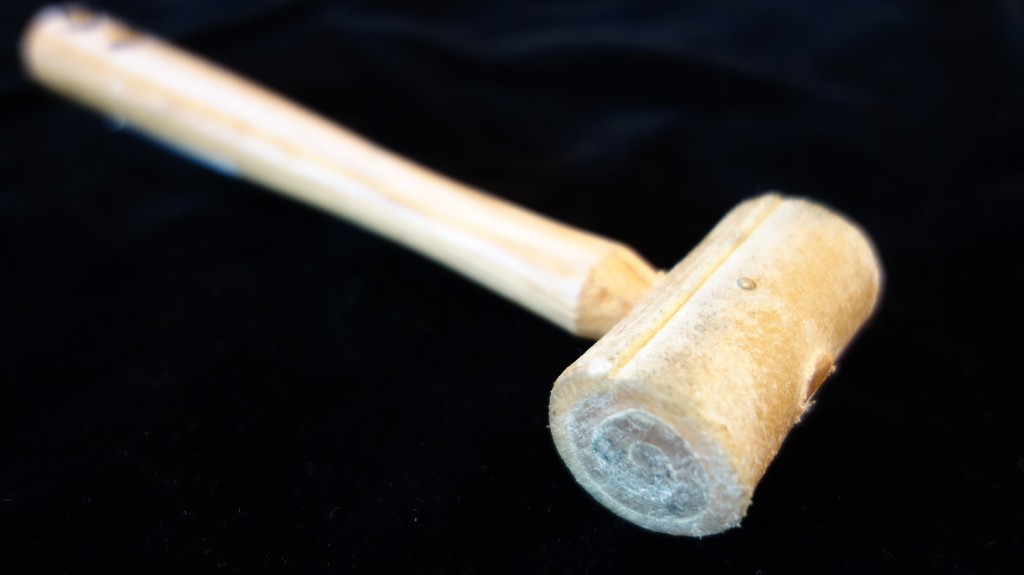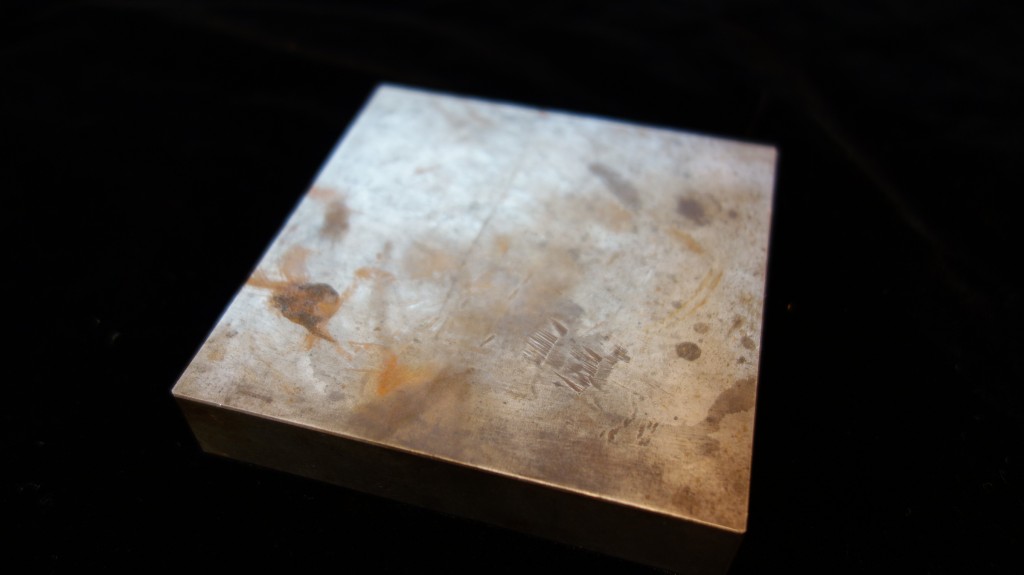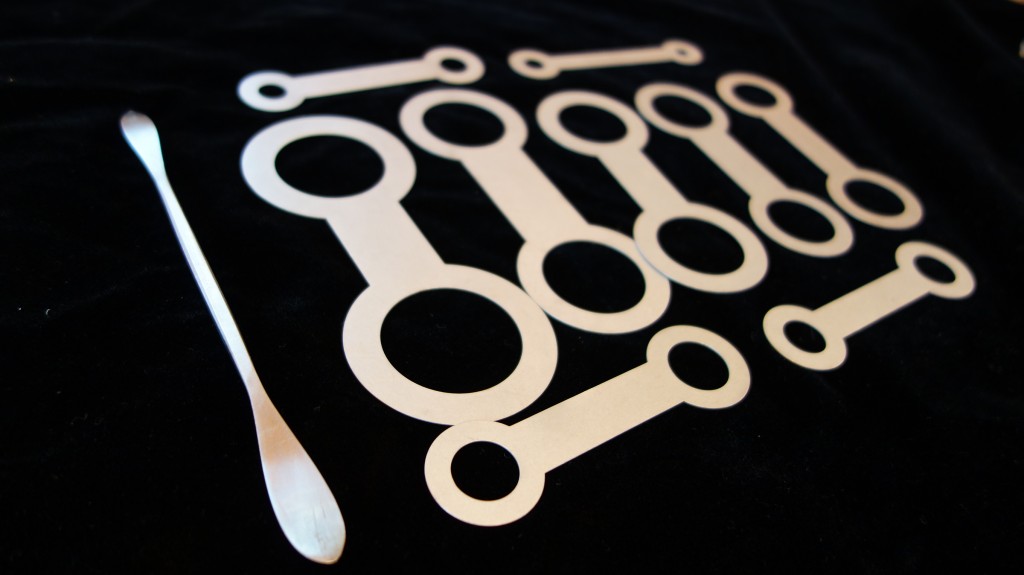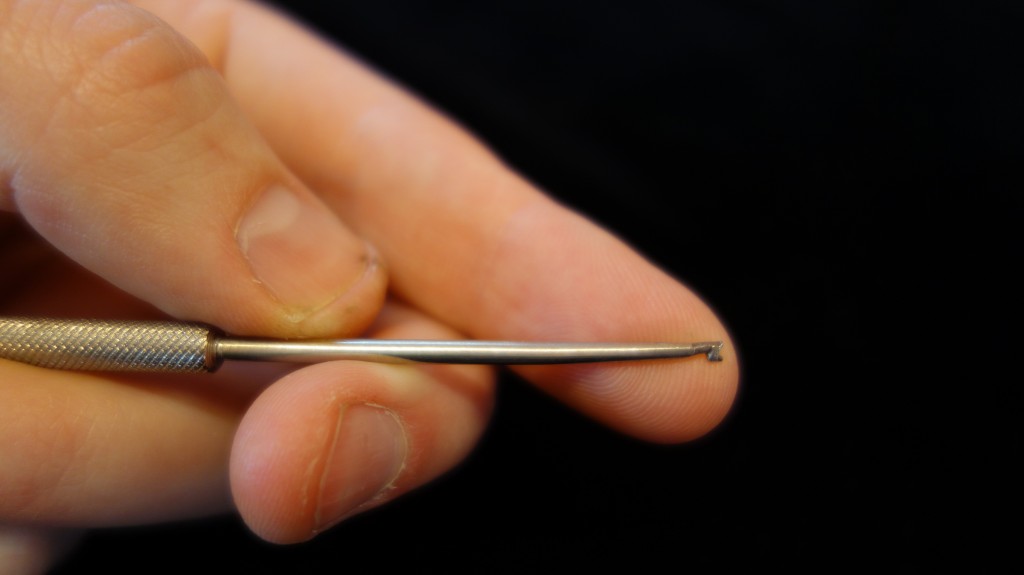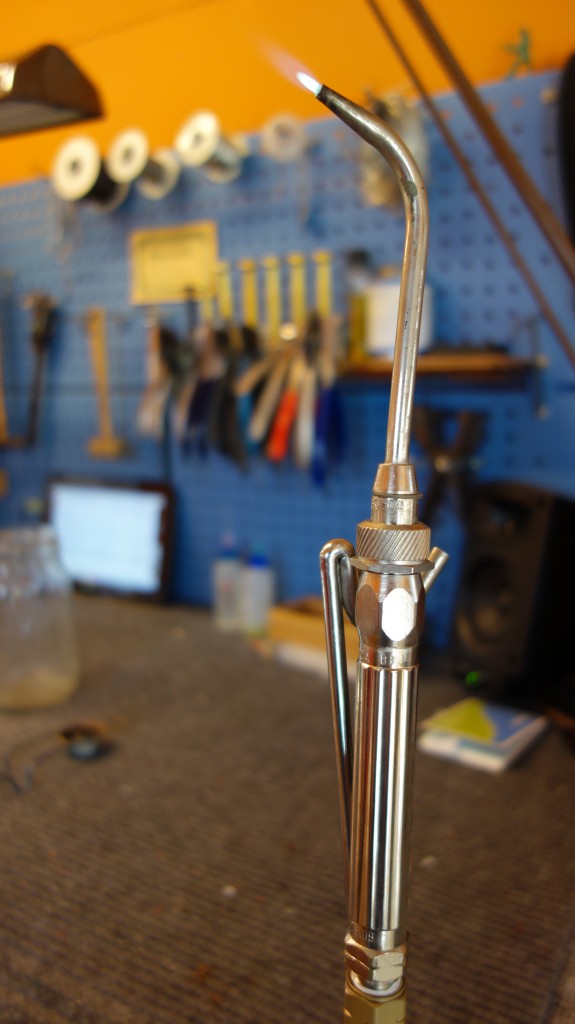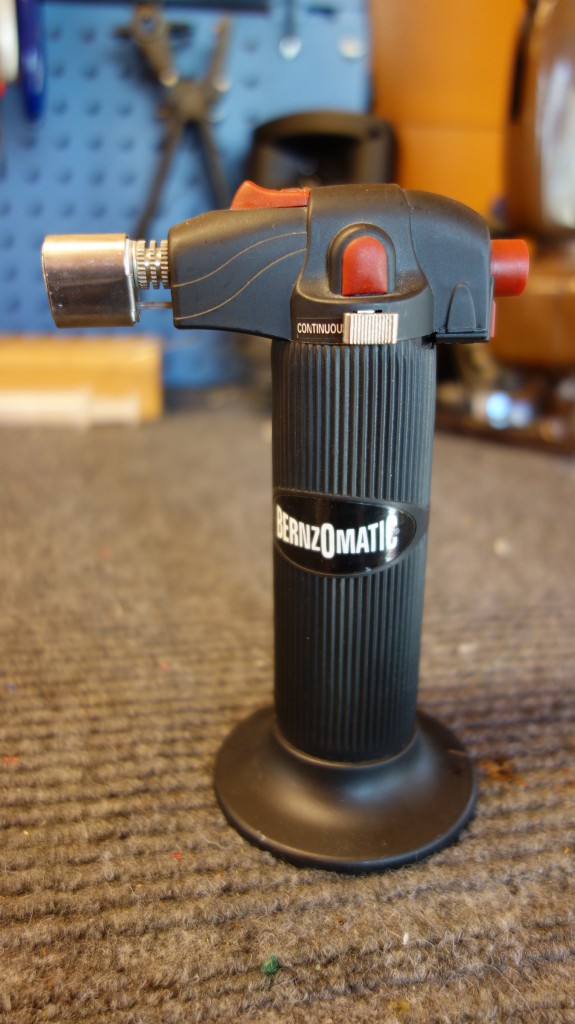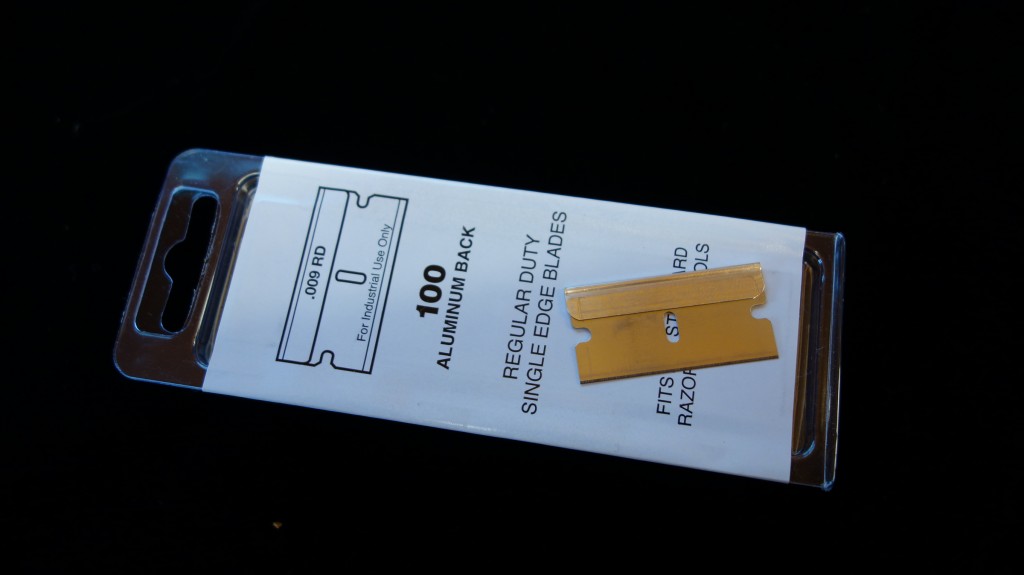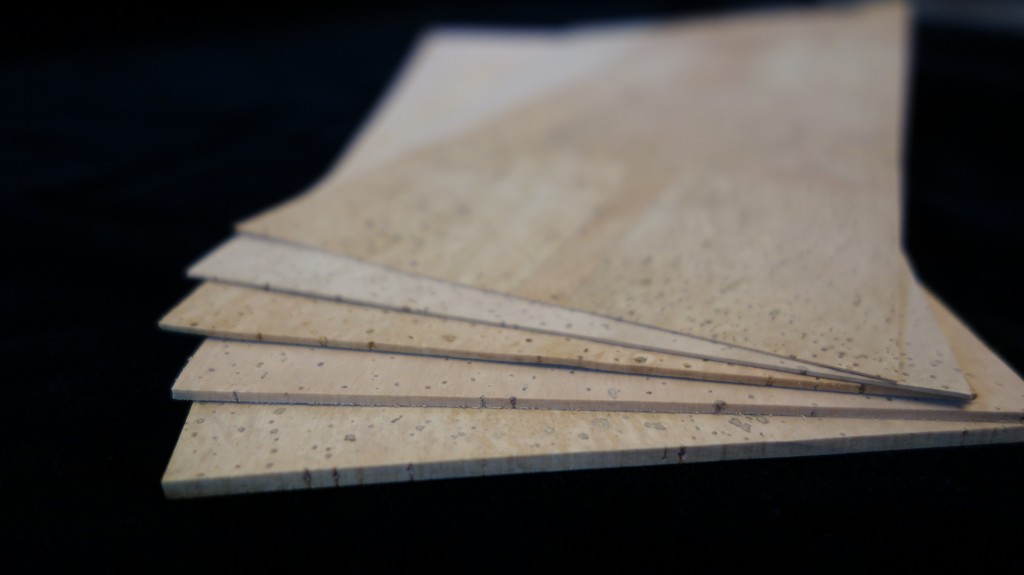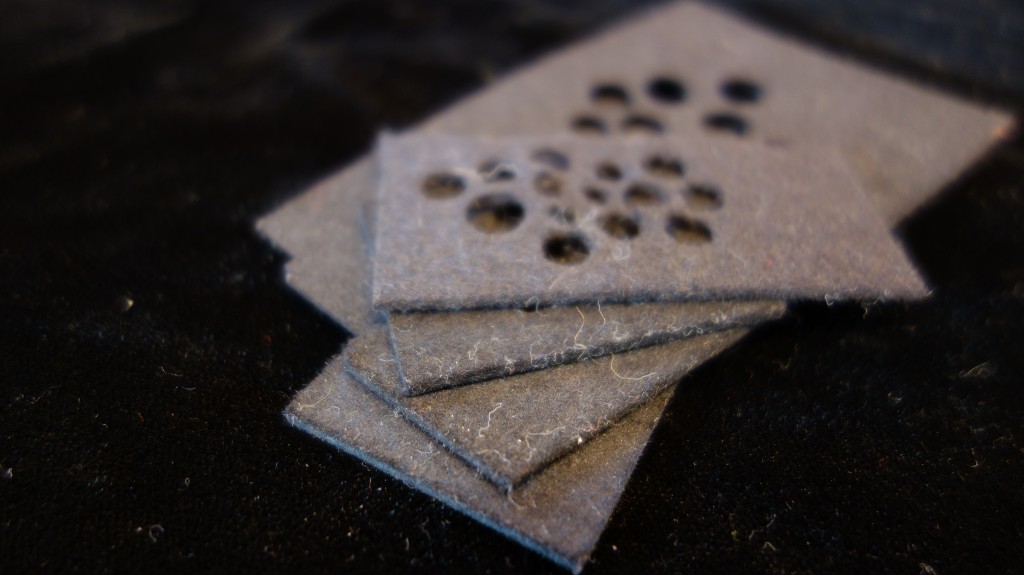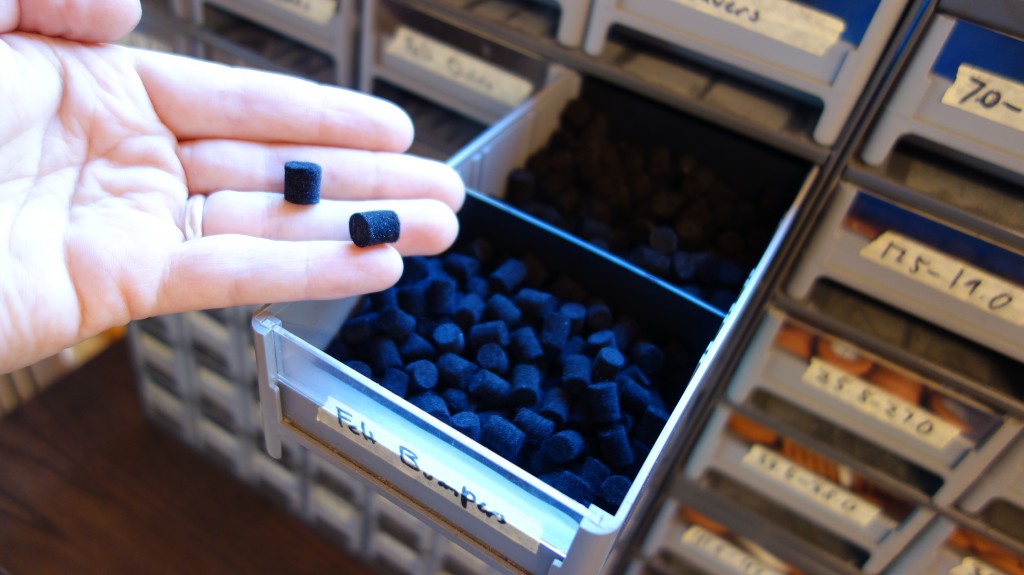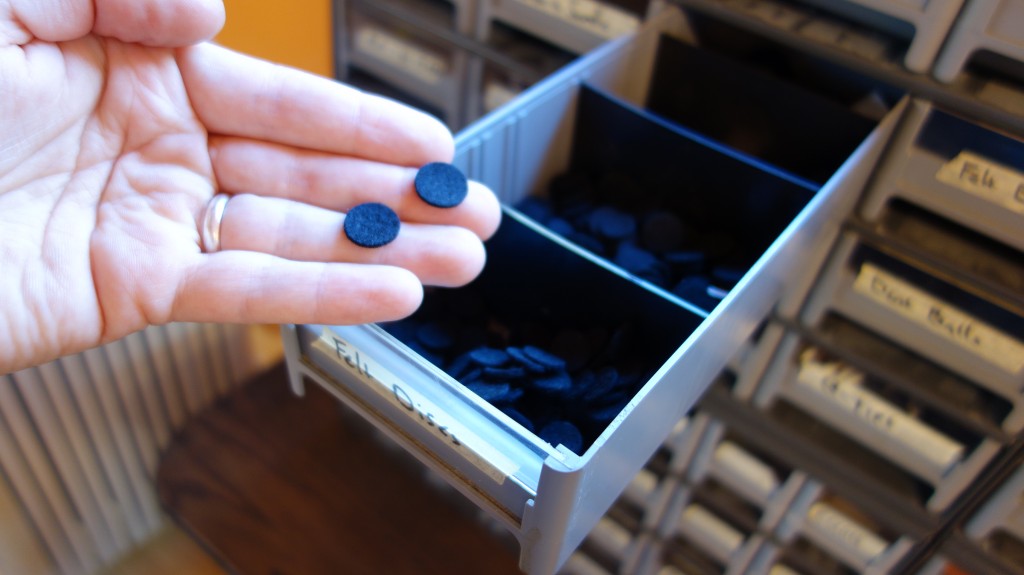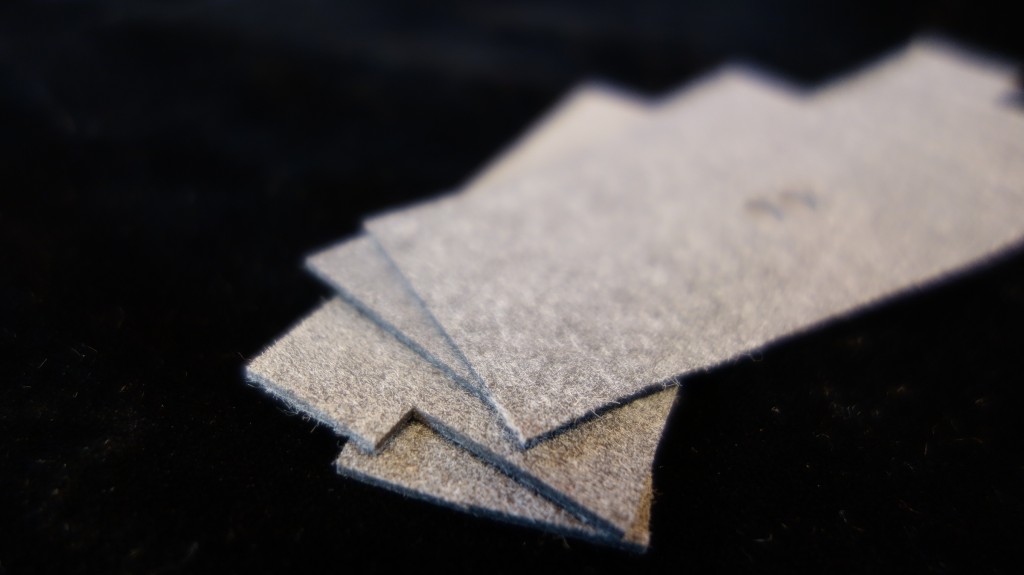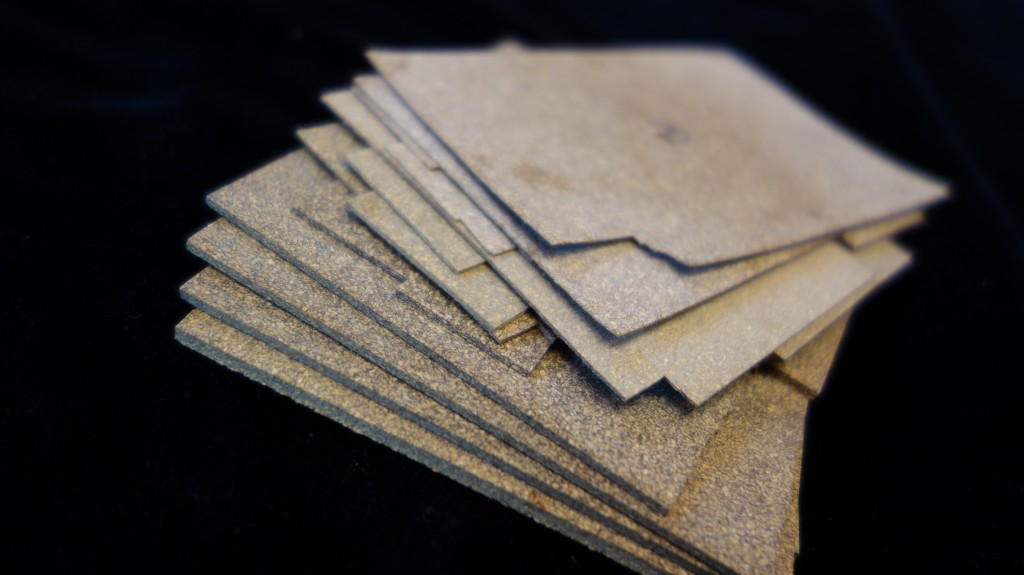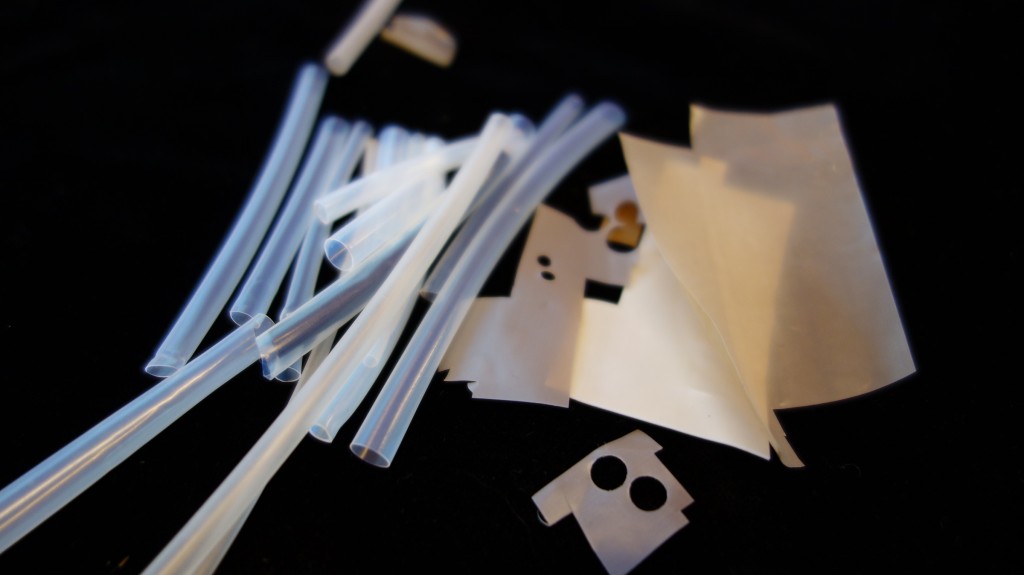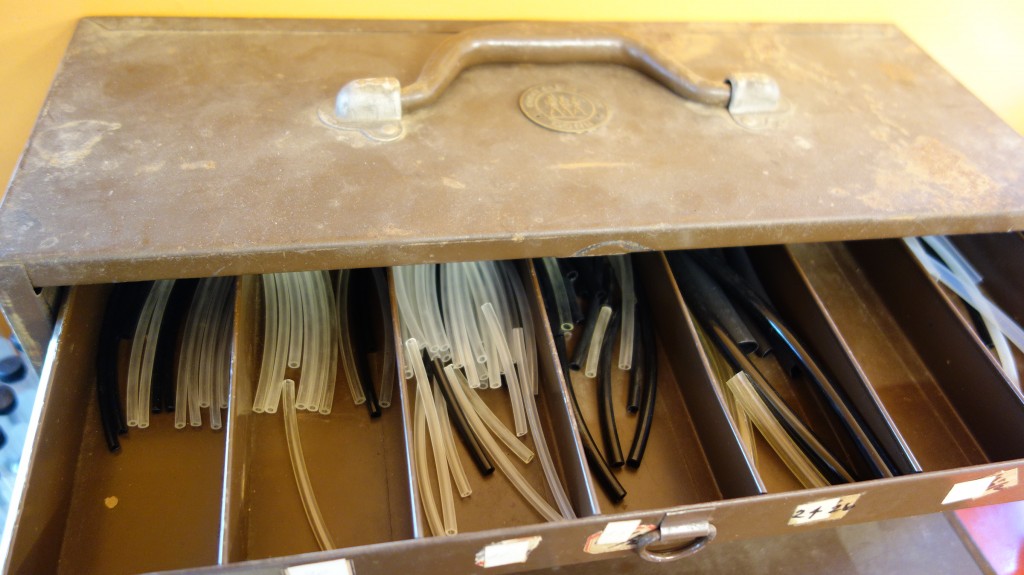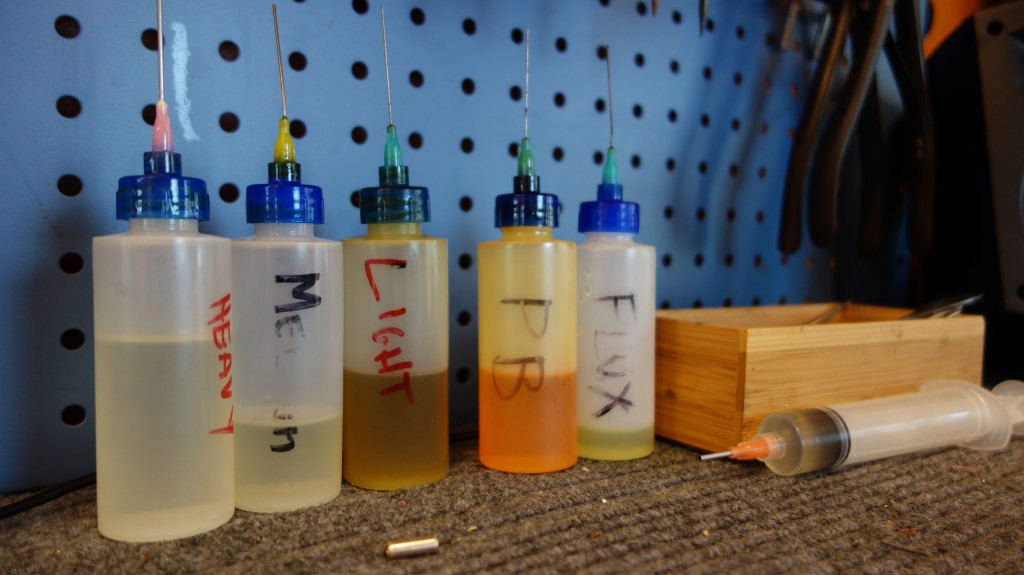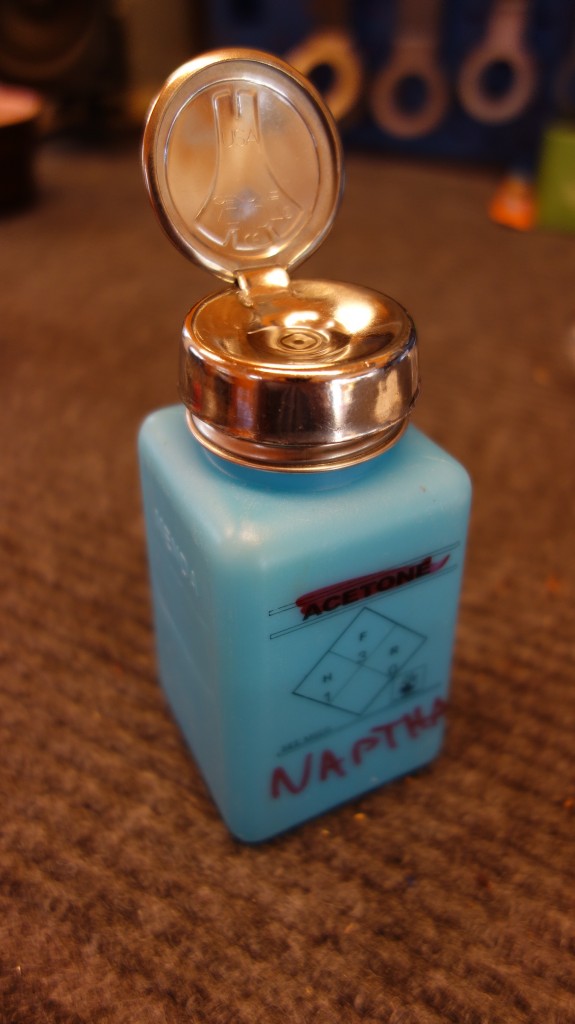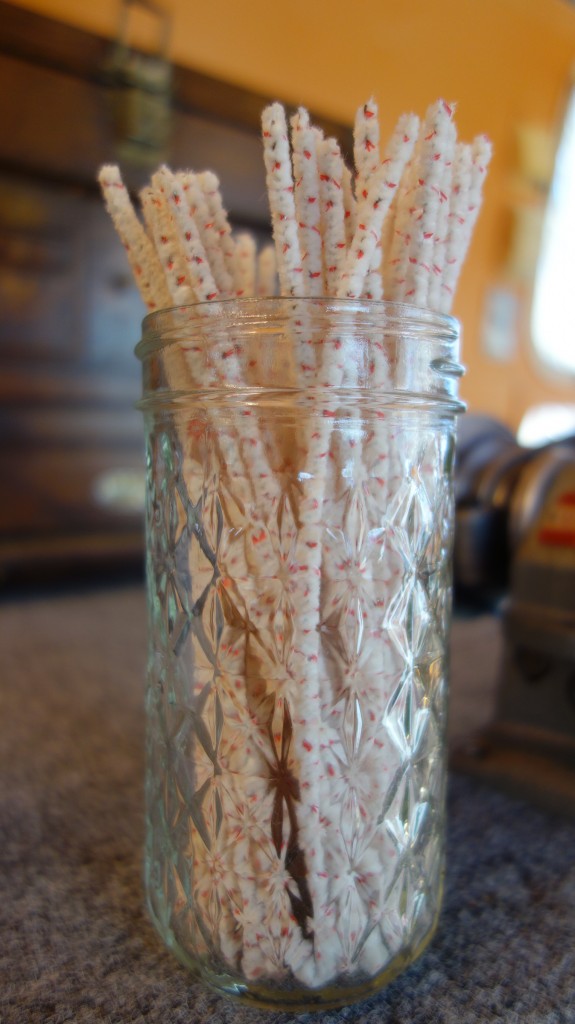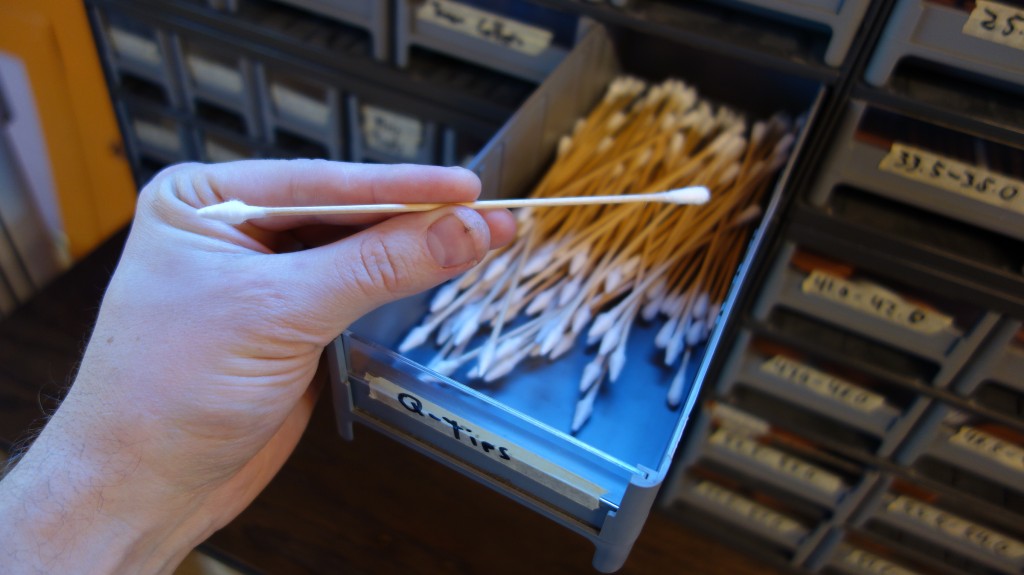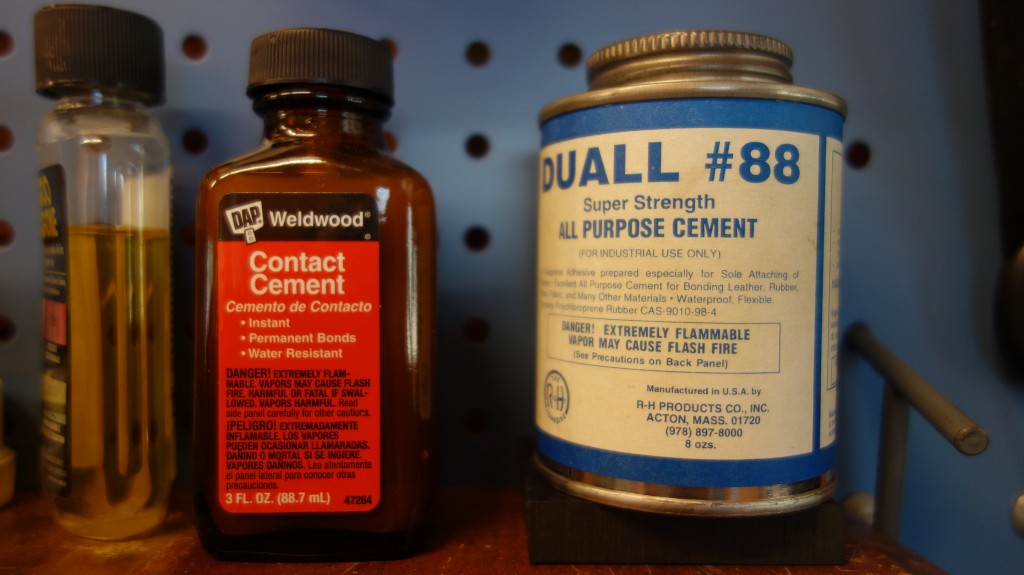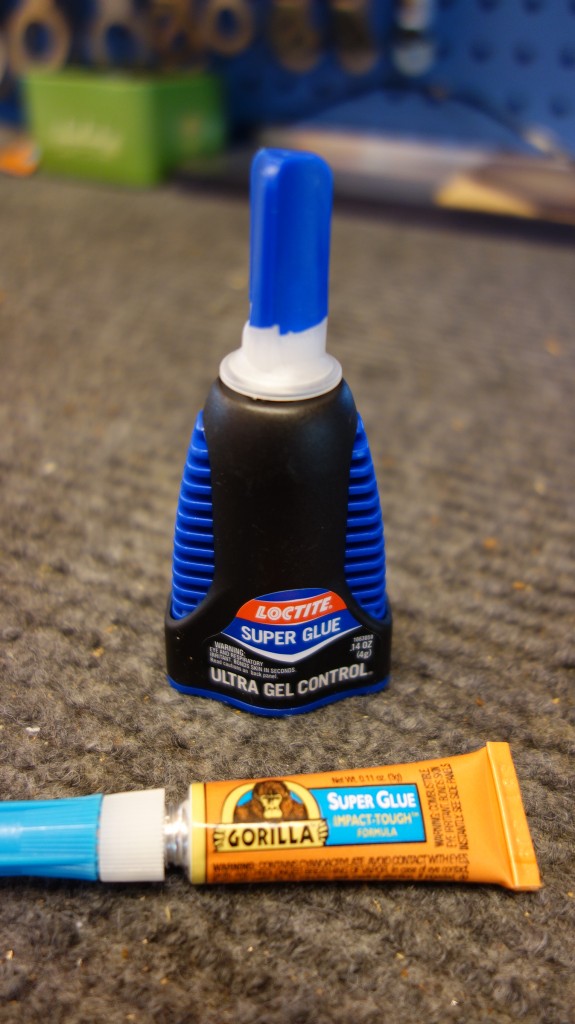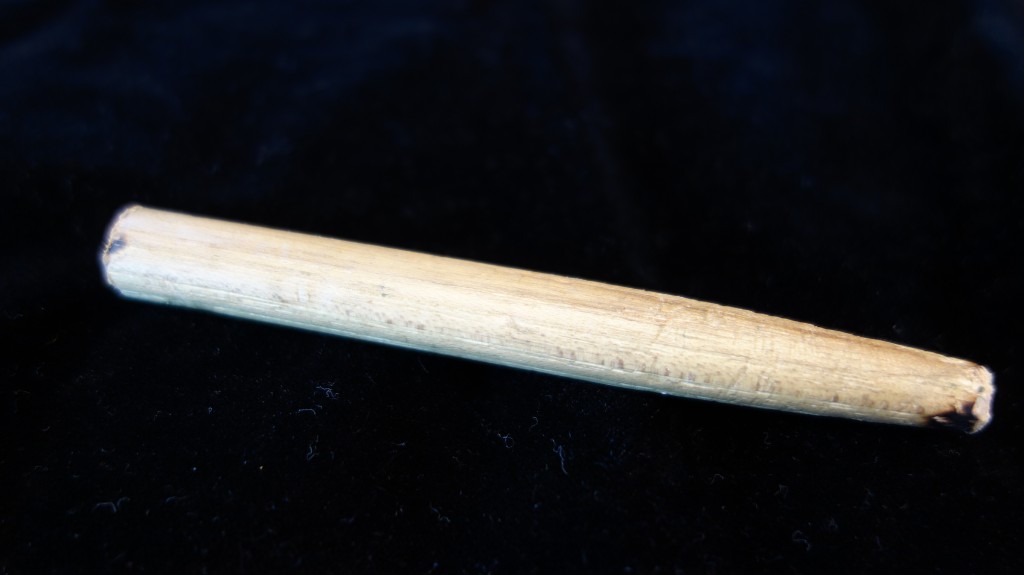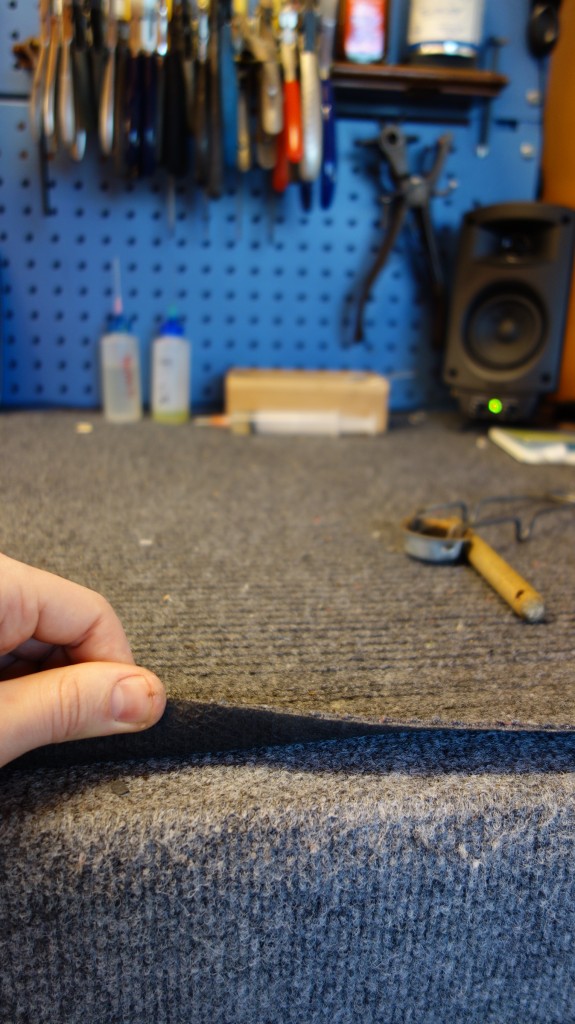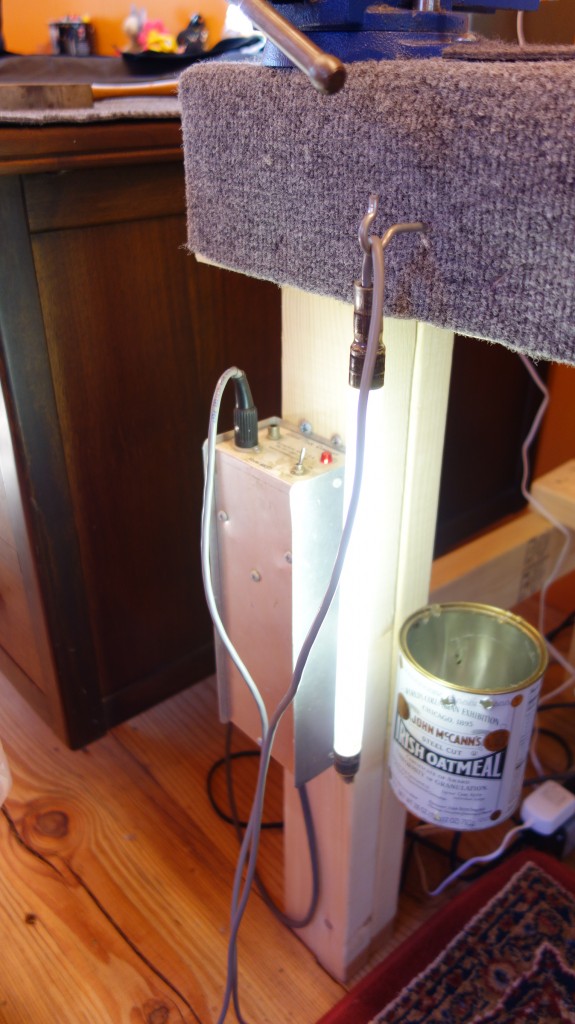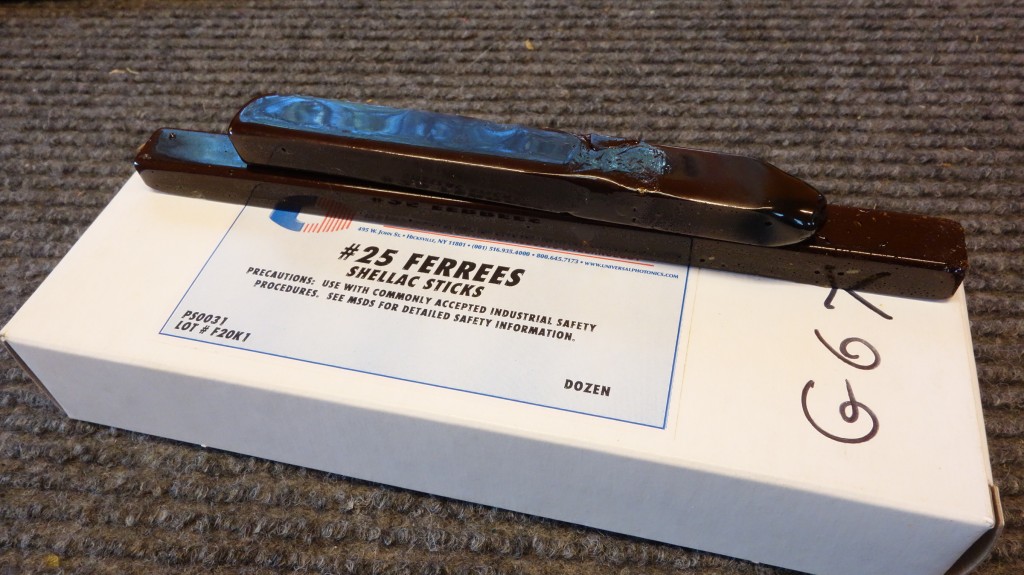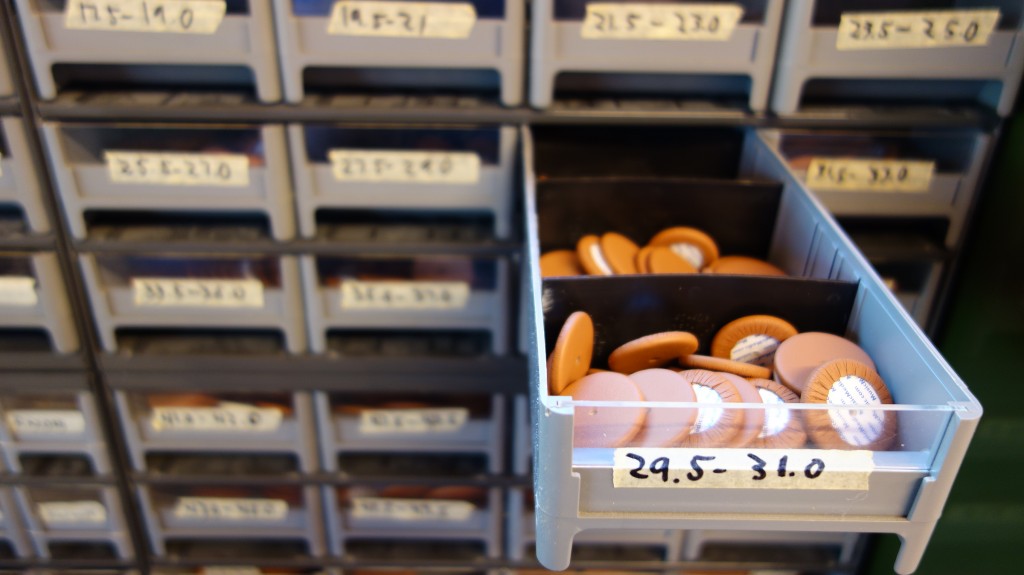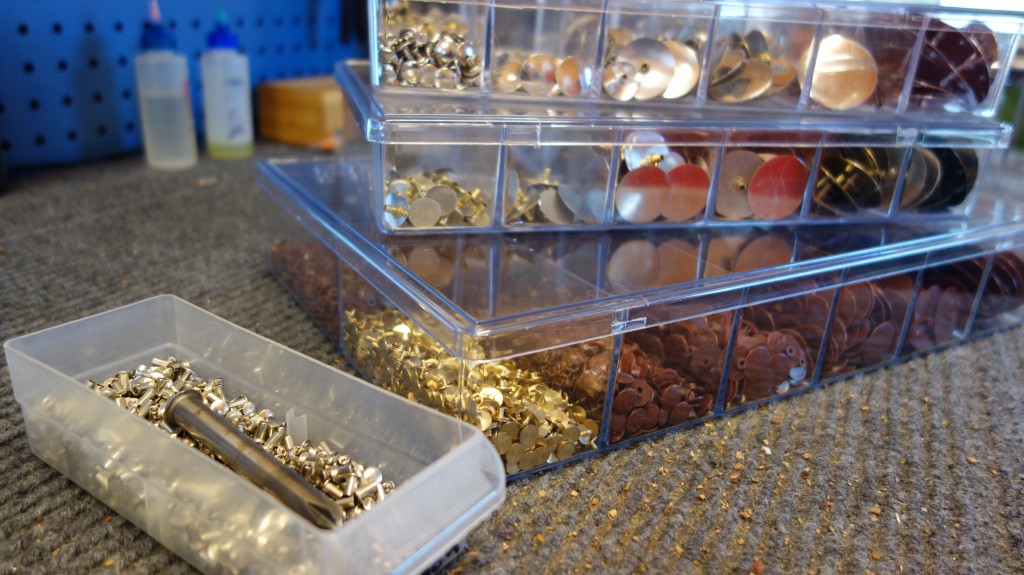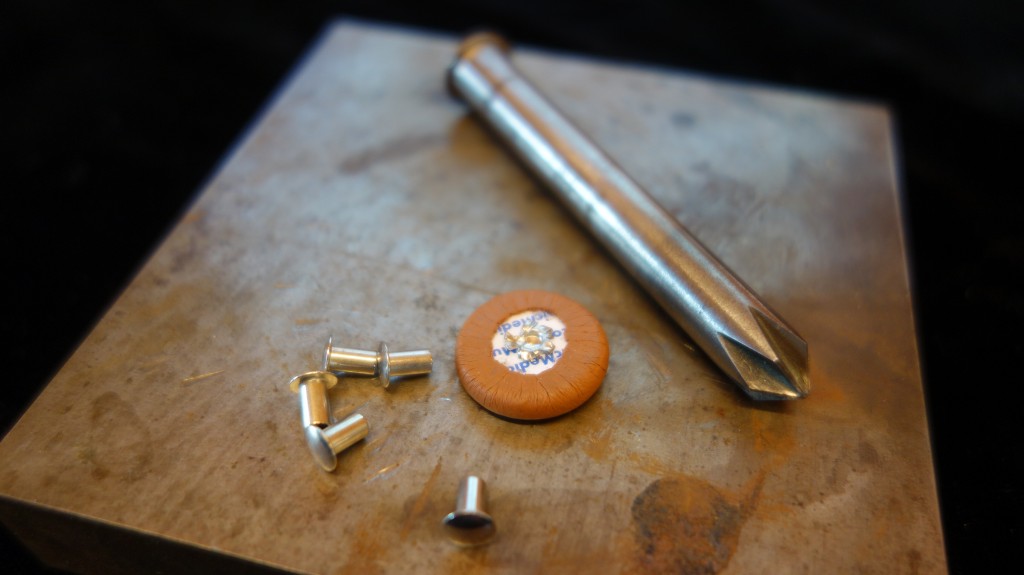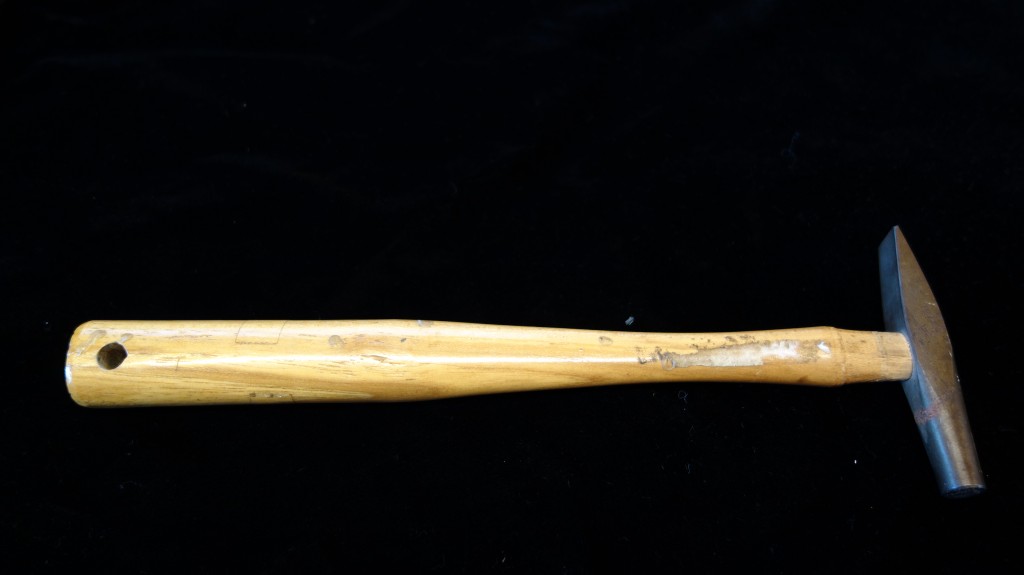Tools: Level One
Learning to Do It Yourself
Regular Maintenance and Minor Repairs On Your Own Saxophone
Before using the information presented here, please read this.
These are the basic tools you will want to do maintenance and minor repairs on a saxophone between major servicings as detailed in the Level 1 Guides. Of course, nobody ever complained they had too many tools, so consider this list as a basis for later expansion.
The tools here represent an overall investment of under $1000. It will not be cost effective in the short term. The skills necessary to do the work included in Level 1 vary from job to job, but most people will not find the skills at this level incredibly difficult to learn given sincerity of purpose.
All tool companies mentioned below can be found in the links section.
Photos enlarge when clicked.
High quality screwdrivers
No, the cheap ones will not do. You will need several sizes of high quality screwdrivers. The more perfect the fit between your screwdriver and the hinge rod or screw it is actuating, the better it will work. I own nearly 20 of all slightly different blade size and shaft length. You should start with about 5 or 6 or them and continue building your collection as you go along. Cheap blades will break and chew up your hinge rods and posts. I repeat: do not buy cheap screwdrivers. Suppliers include J. L. Smith, Ferree’s Tools, Allied Supply, and many many others. I use the J. L. Smith line along with a few from PB Swiss.
Pin vise
A small handheld tool that securely holds a pin or needle. Used for holding tiny pieces of adjustment material or for moving/holding pads. For pins, you can use small needle springs or sewing needles- as long as they are strong and sharp. Suppliers of the pin vise include Ferree’s Tools, Allied Supply, and many others. I use the one from Ferree’s Tools.
Round nose pliers
Small pliers with round jaws for gently holding miscellaneous items without marring them. I typically use them to remove hinge rods once I have unscrewed them. Be careful though, you can still mar things with these if you squeeze too tightly. Suppliers include MusicMedic, Ferree’s Tools, Allied Supply, and many others. I use the ones from MusicMedic.
Flat smooth jaw pliers
Small pliers with flat, smooth jaws for gently holding miscellaneous items without marring them. Suppliers include MusicMedic, Ferree’s Tools, Allied Supply, and many others. Mine are some old unlabeled brand I got off of eBay.
Rawhide mallet
Small mallet with a rawhide head to avoid marring anything it hits. Typically used for tapping posts back into place or tapping key cup spines to level key cups and other sorts of operations of that nature. Suppliers include MusicMedic, Ferree’s Tools, Allied Supply, and many others. I’ve always gotten mine from Allied.
Jeweler’s anvil
A small steel block to use as an anvil for leveling key cups, peening springs and various other operations. Suppliers include MusicMedic, Ferree’s Tools, Allied Supply, and many others.
Pad slick(s)
A spatula-like implement for pushing pads around. I have the ones from MusicMedic and the set (expensive, but totally worth it) from Ferree’s Tools, part # E47. I actually have two sets of the E47- I bend one set into L shapes (the handles obviously, not the rings) using parallel pliers to fit into tight spots and leave the other as it came.
Spring Hook
A tool for manipulating springs in and out of spring cradles while the saxophone is assembled. You can make your own out of a crochet hook with a small file, or you can buy one ready made. I forget where I got mine, but they are available at Ferree’s, Allied, Musicmedic, and many other places.
Torch
A source of heat for seating pads. Butane torches (one good brand is Blazer) are commonly used, but they produce a relatively high and focused amount of heat and can easily burn lacquer- though you can also used them for some small soft solder jobs, and the torches are not super expensive. I use the Smith acetylene/air torch with a 00 (double zero) tip for padwork, and larger tip sizes for soft soldering. More of an investment up front for the acetylene/air torch and acetylene tank, but much cheaper in the long run and more flexible in its use. Butane torches available from many sources including Amazon, Smith acetylene/air torch available from many sources including Kraus Music, Rio Grande, Otto Frei, and Amazon.
Razor blades
High quality and sharp single edged razor blades used for cutting and trimming adjustment materials and neck corks. Believe it or not, many razor blades are just not that sharp, and it will make a huge difference in the cleanliness (or lack thereof) of your work. I use the razors from Allied Supply or Ferree’s Tools, and I have heard excellent things about the coated razor blades available from J. L. Smith. You will use a lot of these or learn to sharpen them.
Cork
High quality natural sheet cork of various thicknesses for adjustment materials. Neck cork sheet is 1/16″. I stock a selection from the thinnest available (the shavings from Kraus Music) up to 1/4″. Not cheap. Available from various sources including Kraus Music, Allied Supply, and Ferree’s Tools. I get most of mine from Allied Supply, but I also get the thin laminated cork from Ferree’s Tools and the cork shavings from Kraus Music.
Felt
High quality firm felt of various thicknesses for adjustment materials. I get mine in discs from Votaw Tool and sheets from Kraus Music, also available from many other places including Ferree’s Tools and Allied Supply.
Felt bumpers
Felt bumpers for bell key bumpers. Suppliers include MusicMedic, Ferree’s Tools, Allied Supply, and many others. I use the ones from Votaw Tool.
Felt discs
Optional at this level, but very convenient. You can cut them out of regular felt or use premade discs. I use the premade discs that Votaw Tool sells.
Synthetic felt
Synthetic felt for adjustment materials. Get it in various thicknesses. I get mine from Kraus Music- not sure if its available anywhere else. You need a tax ID to order from Kraus though, so if you aren’t a professional repair shop you’ll have to skip this one.
Synthetic cork
Synthetic cork for adjustment materials. Suppliers include MusicMedic, Ferree’s Tools, Allied Supply, and many others. I use the tech-cork assortment from MusicMedic. The photo above makes it look a lot like the synthetic felt above it, but its more of a dark brown cork color.
Teflon sheets + Heat shrink teflon tube
Teflon sheets for laminating onto adjustment materials and various other uses. Available at MusicMedic. I hardly ever use anything but the two thinnest sizes. Heat shrink telfon tubing is tubing that shrinks when heat is applied. Used as an adjustment material in places like side key activating arms and octave key arms. Various suppliers including MusicMedic.
Heat shrink tubing
Non-teflon heat shrink tube, used in the same way as the heat shrink tube. Not as slippery, but also not as hard, so can be used to your advantage in certain situations. Various suppliers and versions. I use the stuff from J. L. Smith.
Poly tubing
Non-shrinking tubing, used almost exclusively for octave key arms. Various suppliers and versions. I use the stuff from J. L. Smith.
High quality key oil and pivot grease
Lubricant for keys and pivot screws. Different thicknesses/viscosities/weights are used for different purposes. Suppliers include Kraus Music, Votaw Tool, Ferree’s Tools, Allied Supply, and MusicMedic. I use the oil from Kraus and MusicMedic, and I find I use the heavy weight oil most often. I use the pivot grease from MusicMedic, though I find it to be a bit sticky.
Naptha + dispenser
Naptha and a dispenser for application to cotton swabs and pipe cleaners etc. for cleaning. Naptha available at your local hardware store, the dispenser I like best is the “Menda” brand solvent dispensers, available in various places.
BJ Long pipe cleaners.
Hehe, “BJ Long”. Heavy duty pipe cleaners for cleaning the inside of hinge tubes and various other uses. Available in various places including Allied Supply.
High quality pointed cotton swabs
Cotton swabs for cleaning. You can find these many places by looking for “gun cleaning cotton swabs”. Also available from Allied Supply, which is where I recommend you go.
Contact cement
Used as an adhesive for neck corks and adjustment materials. Many brands available in many different places including your local hardware store, Allied Supply, Ferree’s Tools, Votaw Tool, and J. L. Smith. I use the Duall contact cement from Votaw Tool. You’ll also want thinner.
Loctite 454 gel super glue
Gel super glue for adjustment materials. I’m sure others work just fine, but Loctite 454 is the one I know best and its good stuff. Available on Amazon. Get the 3 gram tube.
Drum stick stub
Or a any sort of hardwood dowel stub. More uses than you’d think, including holding keys shut while you do padwork, using along with rawhide mallet for tapping posts back into place, etc.
Carpet for bench top
Carpet to cover your bench so the instrument you are working on doesn’t get scratched. Rubber backed and tightly woven is what you want- probably indoor/outdoor stuff. I semi-permanently affix one layer to my benchtop using a staple gun and then cut another piece to lay on top that I can shake out and replace in case anything gets spilled or it gets burned. Available at your local carpet store or hardware store. Just make sure its soft enough to feel ok on your skin- your elbows will be resting on it.
High quality super bright leak light
Leak light for locating leaks in pads. The brighter the better, and the higher quality the better. This will be the tool you use most often. Make sure its a good one. Suppliers include J. L. Smith, Ferree’s Tools, Allied Supply, and many many others. I use the “professional” leak light system from Votaw and highly recommend it. You can also build your own LED leak light if you are handy with electronics.
Stick shellac
Stick shellac for a pad adhesive. This is a very large part of your pad seating process, so experiment and make sure you have good stuff that you are comfortable with. Suppliers include J. L. Smith, Ferree’s Tools, Allied Supply, and many others. I make my own sticks from dewaxed flakes I get from Ferree’s, which if you want natural shellac (which I like) is the cheapest way to go.
Pads
High quality pads. There is no “best” pad, only the best pad for you and how you work. I’ve tried them all. Many are good, one is best for me. Suppliers include Kraus Music, J. L. Smith, Ferree’s Tools, Allied Supply, Prestini USA, and others. I use the B58 from Ferree’s.
Resonators and rivets
Unless you buy your pads with resonators pre-installed (which I don’t recommend) you’ll want resonators. Many different types are available. Suppliers include Kraus Music, J. L. Smith, Ferree’s Tools, Allied Supply, and MusicMedic. I get all of mine from Kraus Music except for the heat-stake plastic resonators (which I feel are superior to the press-fit plastic resonators) which come from Ferree’s.
Resonator rivet punch
Rivet punch for affixing resonators to pads. Suppliers include Kraus Music, J. L. Smith, Ferree’s Tools, Allied Supply.
Rivet hammer
Small jeweler’s hammer for punching rivets on resonators and peening springs. Suppliers include Ferree’s Tools and Allied Supply.

The Open Source Saxophone Project is licensed under a Creative Commons Attribution-ShareAlike 4.0 International License.
